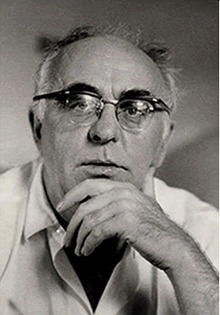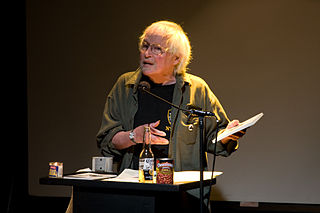A Quote by Derek Walcott
Related Quotes
The physical body is an agent of the spirit and its mirror. It is an engine and a reflection of the spirit. It is the spirit's ingenious memorandum to itself and the spirit sees itself in my body, just as I see my own face in a looking glass. My nerves reflect this. The earth is literally a mirror of thoughts. Objects themselves are embodied thoughts. Death is the dark backing that a mirror needs if we are to see anything.
The subject of the poem usually dictates the rhythm or the rhyme and its form. Sometimes, when you finish the poem and you think the poem is finished, the poem says, "You're not finished with me yet," and you have to go back and revise, and you may have another poem altogether. It has its own life to live.
Truly fine poetry must be read aloud. A good poem does not allow itself to be read in a low voice or silently. If we can read it silently, it is not a valid poem: a poem demands pronunciation. Poetry always remembers that it was an oral art before it was a written art. It remembers that it was first song.






































